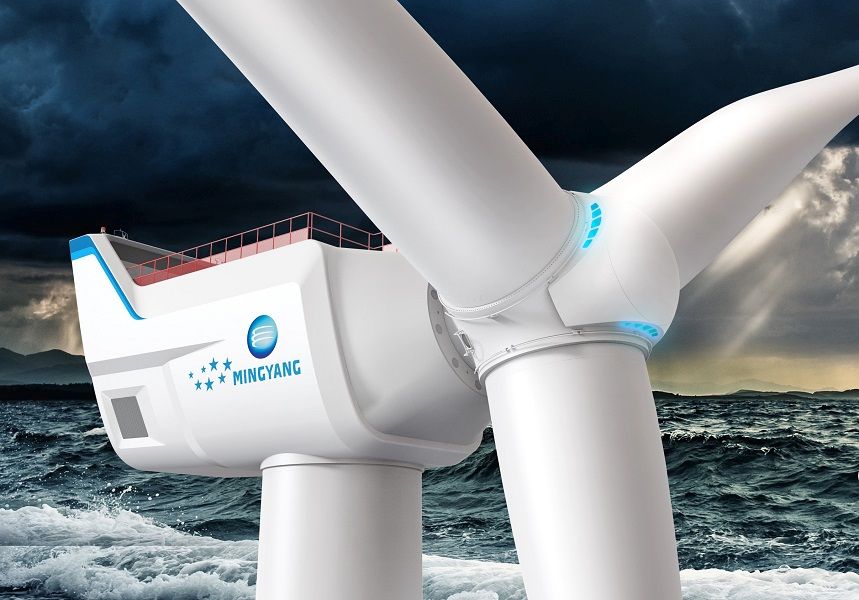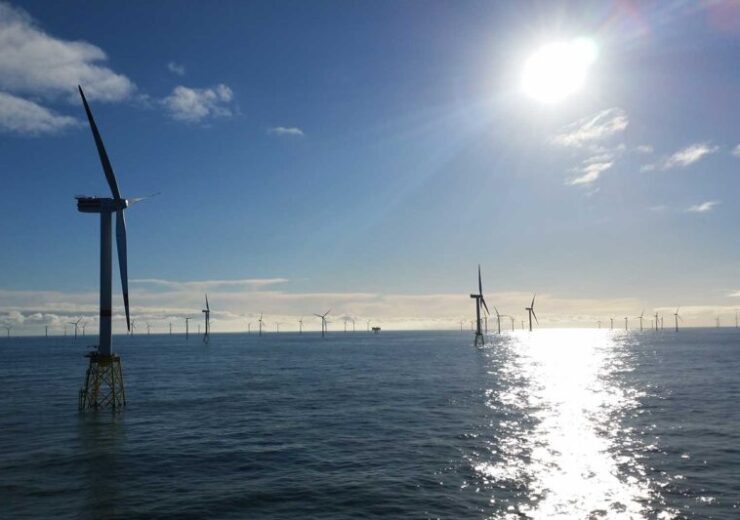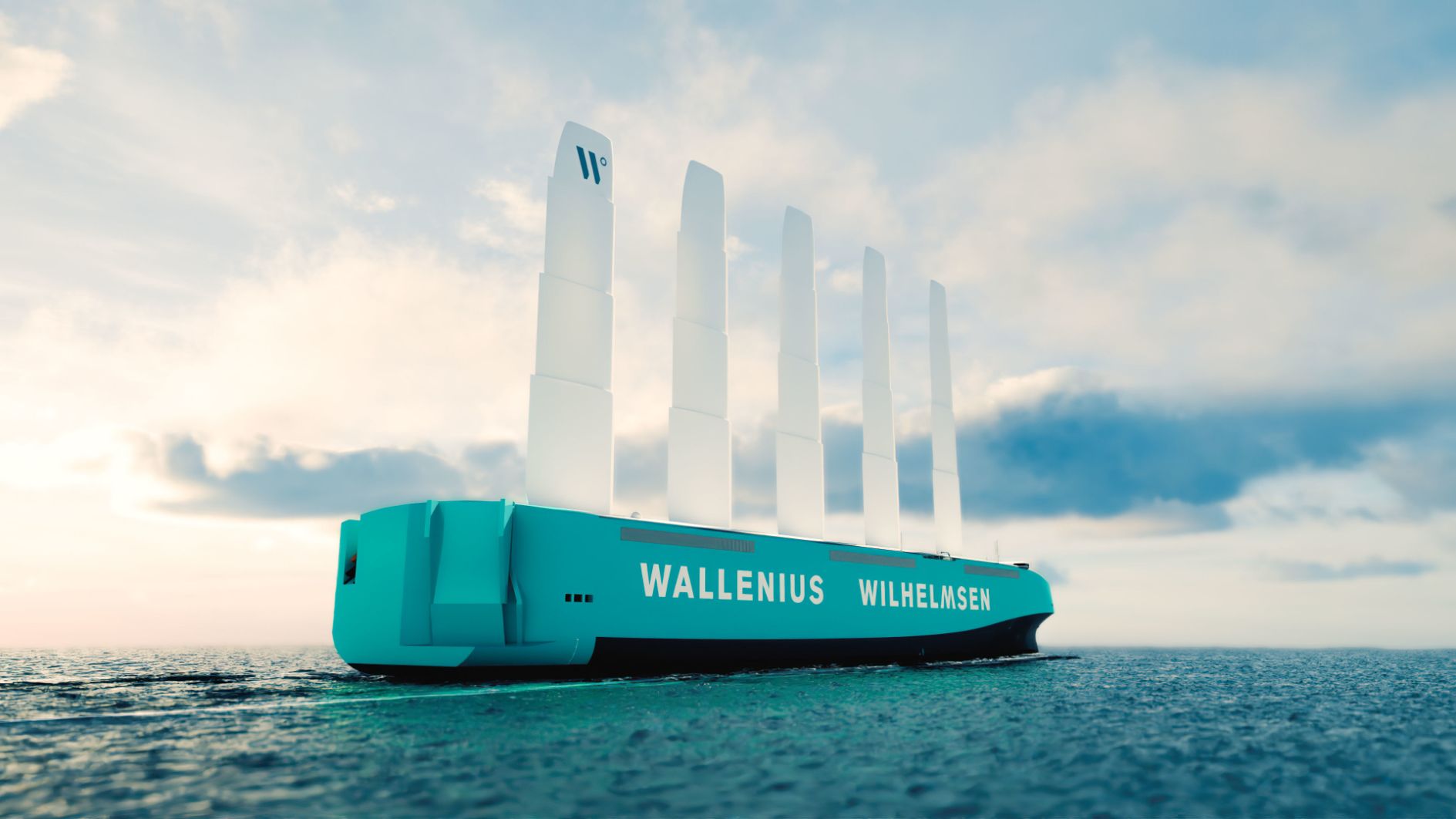The UK's underwater industry must receive strategic government support to play a pivotal role in unlocking the potential of floating offshore wind, according to a leading UK trade body.
As the Scottish Labour Conference commences, the Global Underwater Hub (GUH), which represents the UK's £9.2bn underwater industry, is calling on the government to consider how supporting the subsea supply chain could accelerate the nation's clean energy transition.
GUH has emphasized the importance of subsea technology, such as undersea cables, moorings, and anchor systems, as critical components for developing floating offshore wind infrastructure. These components are essential for the installation, operation, and maintenance of floating wind farms, which will be located in deeper, more challenging waters compared to traditional offshore wind farms.
GUH CEO Neil Gordon stressed the importance of investing in the underwater industry, stating: “We've made a clear and compelling case to government as to why the underwater industry is of national strategic importance and why investment in this industrial sub-sector should be prioritised.”
He added, “Unlike fixed offshore wind in shallow waters, where large parts of the manufacture and fabrication have gone overseas, floating offshore wind is a nascent technology in more hostile and challenging conditions. But it's one in which the UK has a very real competitive advantage.”
With over 50 years of offshore experience, the UK's subsea industry is well-positioned to lead the development of floating wind technology, which is seen as one of the largest industrial opportunities in a generation. GUH argues that without adequate investment, the UK risks losing its competitive edge and becoming a caretaker of foreign technology.
Gordon also emphasized that investing in the underwater industry would create thousands of green jobs and provide the opportunity to transition oil and gas expertise into renewable energy. “We have a unique opportunity to create thousands of new green jobs, transfer oil and gas jobs into renewables, build vital domestic infrastructure and win export orders,” he said.
In addition to improvements in the subsea sector, GUH is calling for greater investment in port infrastructure to support cable manufacturing for floating offshore wind. The body also urges the government to fund specific innovations in electrical systems, foundations, and anchoring systems, as well as new installation methods using AI and machine learning-based predictive maintenance.
GUH believes that prioritizing these efforts will help the UK maintain its leadership in the global offshore wind market and strengthen its role as an international centre of excellence in clean energy technologies.
See Also
- World’s Deepest Offshore Wind Turbine Foundation Installed at Seagreen
- Wood Thilsted to Lead Foundation Designs for Ocean Winds’ 500MW BC-Wind Offshore Project in Poland
- Wood Thilsted to Design Foundations for Denmark’s Largest Offshore Wind Farm
- Windward Offshore Consortium Orders CSOVs for Offshore Wind Industry Expansion
- WindESCo Introduces FFM Solution to Boost Performance and Reliability of Europe’s Largest Onshore Wind Farm






